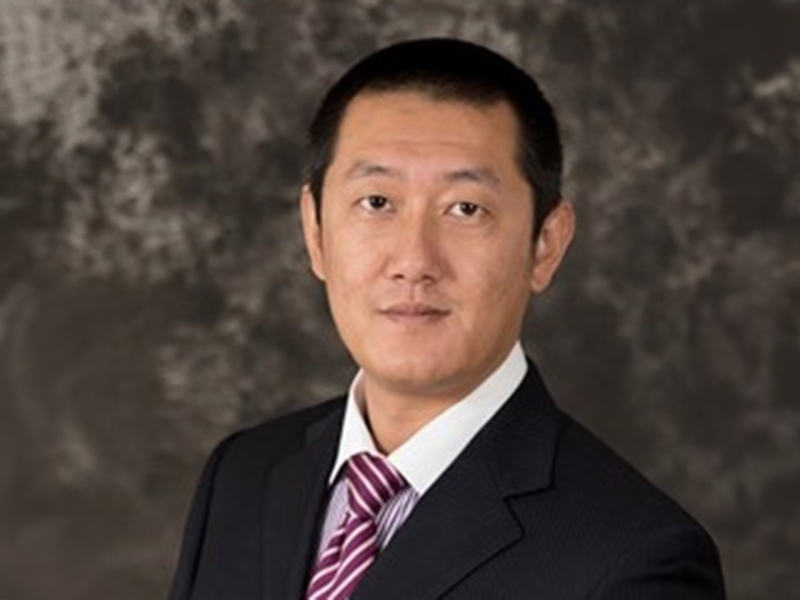Dr. Wei Du, a professor in the Electrical Engineering and Computer Science Department, has been granted $300,000 by the National Science Foundation (NSF EPSCoR). The grant will help Dr. Du's research in the development of semiconductor lasers and passive devices on a singular sapphire platform for integrated microwave photonics (IMWP).
Du said, "The long-term goal is to cultivate photonic integrated circuits with high-performance attributes on sapphire platforms, offering advantages such as miniaturization, high speed and wide dynamic range. The unique properties of the sapphire platform, including high yield, volume manufacturing and cost-effectiveness, position it as a pivotal element in revolutionizing various industries, from data communications and sensing to automotive applications."
Addressing the challenge of thermal budget in heterogeneous integration on a silicon (Si) substrate, Du said, "Sapphire's thermal expansion coefficient, to high-performance photonic materials like gallium arsenide (GaAs) and Indium Phosphide (InP), which makes high-quality material attainable. Moreover, it is acknowledged that sapphire-based RF devices feature a broad dynamic range for signal processing."
The envisioned sapphire platform is anticipated to host a comprehensive suite of components. Du said, "The impact of the sapphire platform extends significantly, with potential applications in defense, such as radar signal processing, as well as diverse civilian markets, including cellular, wireless, satellite communications, optical signal processing and medical imaging systems utilizing THz waves."
Key advantages of the platform include its inability to conduct current, mitigating parasitics, a substantial optical index contrast leading to minimal optical power loss, a unique thermal expansion coefficient matching III-V materials and ensuring high operating reliability.
Du said, "This project is dedicated to exploring the feasibility of photonic integration on a sapphire substrate. Moving forward, our focus will be on developing a comprehensive set of high-performance optical components, encompassing lasers, waveguides, resonators, couplers, modulators and detectors heterogeneously integrated on a singular sapphire platform, thereby advancing the current state of the art in integrated microwave photonics (IMWP) research."
Topics
Contacts
Austin Cook, project/program specialist
Electrical Engineering and Computer Science
479-575-7120, ac202@uark.edu
